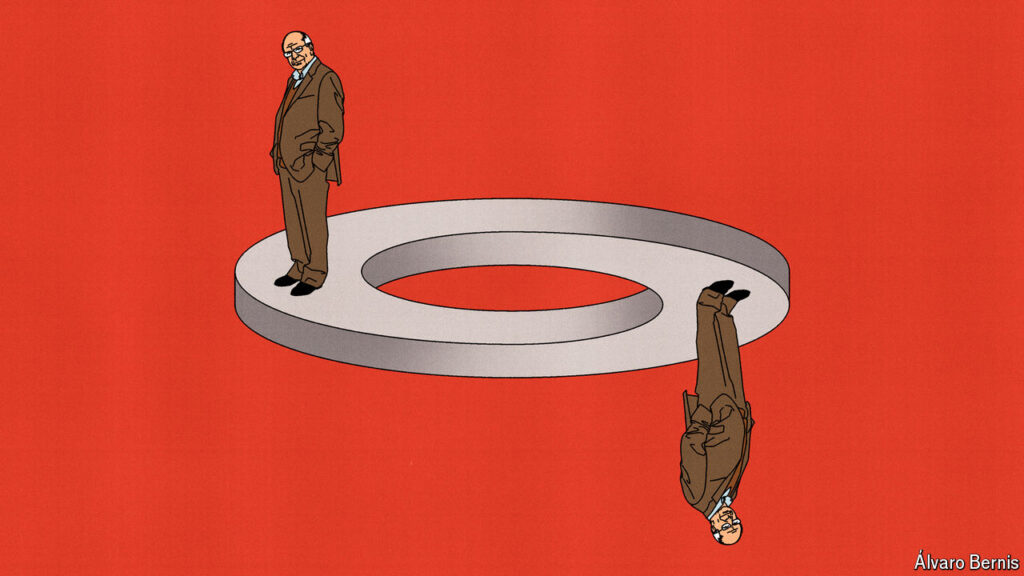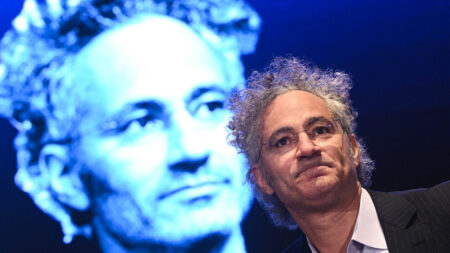Daniel Kahneman, a Nobel prize-winning economist who passed away on March 27th, was known for incorporating equations into his papers, as well as using characters and conundrums to illustrate his points. In his work, readers encountered scenarios such as a schoolchild with an IQ of 150 in a city where the average was 100, and Mr. Tees, who arrived at the airport 30 minutes after his flight’s scheduled departure only to find out that the plane had left 25 minutes late. These scenarios were used to highlight the cognitive biases and mental shortcuts that can impact people’s decisions.
In one study from the 1970s, readers were asked to evaluate ways to combat a disease that threatened to kill 600 people. In another from 1983, they were asked to guess the occupation of Linda, an outspoken, single 31-year-old philosophy graduate. Kahneman’s work challenged readers to think critically about their decision-making processes and consider how their intuition and biases could influence their choices.
For example, Kahneman found that when presented with two options for addressing the disease, most people chose the option that guaranteed saving 200 lives, even if there was a risk that nobody would be saved. This preference for certainty over uncertainty is a common cognitive bias. However, when the decision was framed differently, with the same outcomes presented in a different light, people often made different choices. By reframing the decision, Kahneman was able to demonstrate how changing the context can impact decision-making.
One famous example of this is the “Linda problem,” where participants were asked to choose between two options for a fictional character named Linda. The majority of participants incorrectly thought it was more likely that Linda was a feminist bank teller than a bank teller, despite the fact that the former option was a subset of the latter. This demonstrated how people often rely on stereotypes and mental shortcuts when making decisions, even when those shortcuts lead to illogical conclusions.
Through his work, Kahneman sought to shed light on the ways in which human beings deviate from rational decision-making processes and are influenced by cognitive biases. By using examples and scenarios that challenged readers to confront their own thinking, Kahneman encouraged a more critical and reflective approach to decision-making. His research continues to influence the field of economics and psychology, inspiring new ways of understanding human behavior and decision-making processes.
In conclusion, Daniel Kahneman’s contributions to the field of economics and psychology have had a profound impact on our understanding of decision-making processes. By incorporating equations, characters, and conundrums into his work, Kahneman challenged readers to think critically about their own thought processes and recognize the biases that can influence their choices. Through his research, Kahneman demonstrated the importance of considering context and framing in decision-making, and his work continues to inspire new insights into human behavior and cognition.












